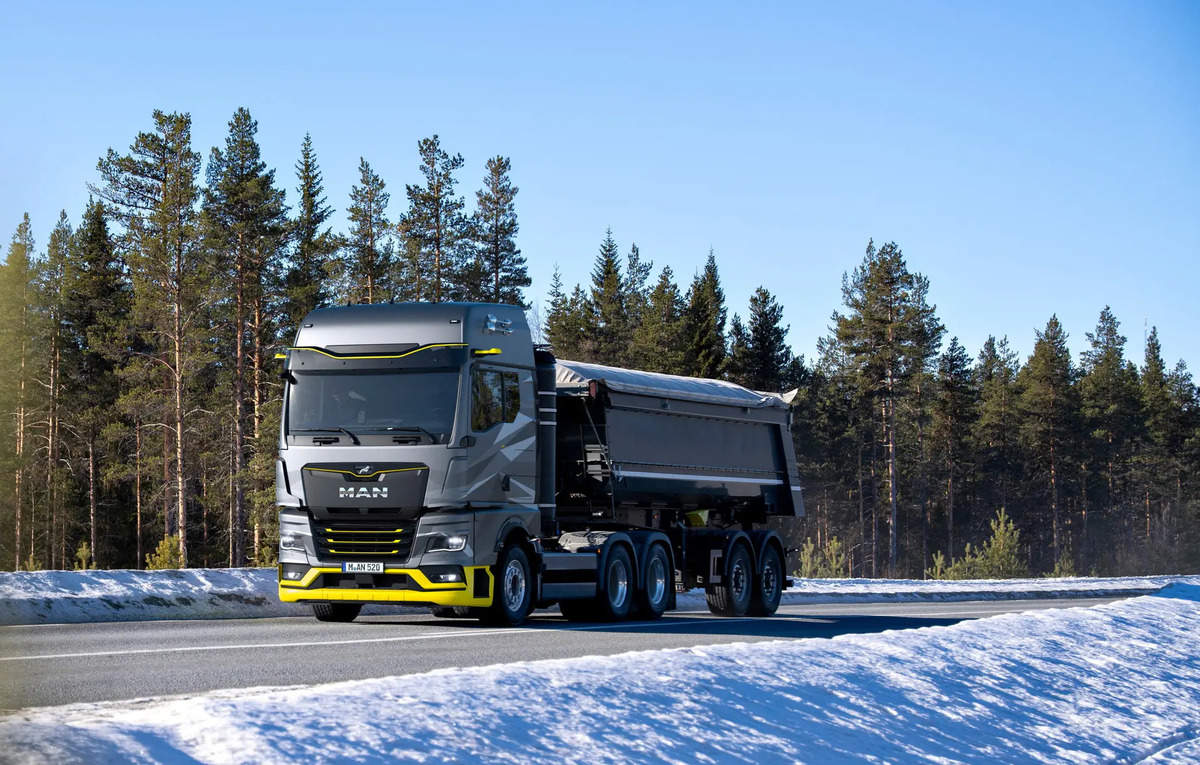Trucking Industry Shift: Embracing Hydrogen for Low-Emission Combustion Engines
Key Ideas
- Major truck makers like Volvo and MAN are exploring low-emission hydrogen combustion engines as a quicker, cost-effective solution to align with emission reduction targets.
- The industry is addressing challenges such as emissions production and tank size, with a focus on green hydrogen availability and infrastructure development.
- Companies like Volvo, Westport Fuel Systems, Bosch, and Cummins are investing in hydrogen technology alongside existing natural gas models for a gradual transition towards carbon-free fuels.
- Hydrogen combustion engines are seen as a transitional technology that can facilitate emissions reduction in the medium term, offering a familiar option for fleet operators before widespread adoption of fuel cells.
The global truck making industry is undergoing a transformative shift towards zero emissions, with major players like Volvo and MAN exploring the adoption of low-emission hydrogen combustion engines. While electric batteries present challenges for long-haul freight due to weight and charging times, hydrogen fuel cells offer a lighter alternative with extended range, albeit at a higher cost. The industry's immediate focus is on developing hydrogen combustion engines as a quicker and cost-effective solution that can leverage existing manufacturing capabilities. Companies are reworking combustion engines to run on low-emission hydrogen, aiming to breathe new life into the technology and support the energy transition. Despite challenges like emissions production and tank size, truck makers continue to invest in hydrogen technology alongside natural gas models, anticipating a gradual shift towards carbon-free fuels. The scarcity of green hydrogen remains a key obstacle, but efforts are underway to fund projects and build fueling infrastructure in collaboration with industry stakeholders. Truck manufacturers view hydrogen combustion engines as a transitional technology that can provide an interim solution for emissions reduction before widespread adoption of fuel cells. By modifying existing natural gas models, companies are enabling fleet operators to transition towards lower emissions gradually. This strategic approach aims to facilitate a smoother transition to sustainable practices while ensuring operational familiarity for customers.
Topics
India
Green Hydrogen
Sustainability
Energy Transition
Manufacturing
Renewable Sources
Trucking Industry
Jobs
Low-emissions
Latest News
